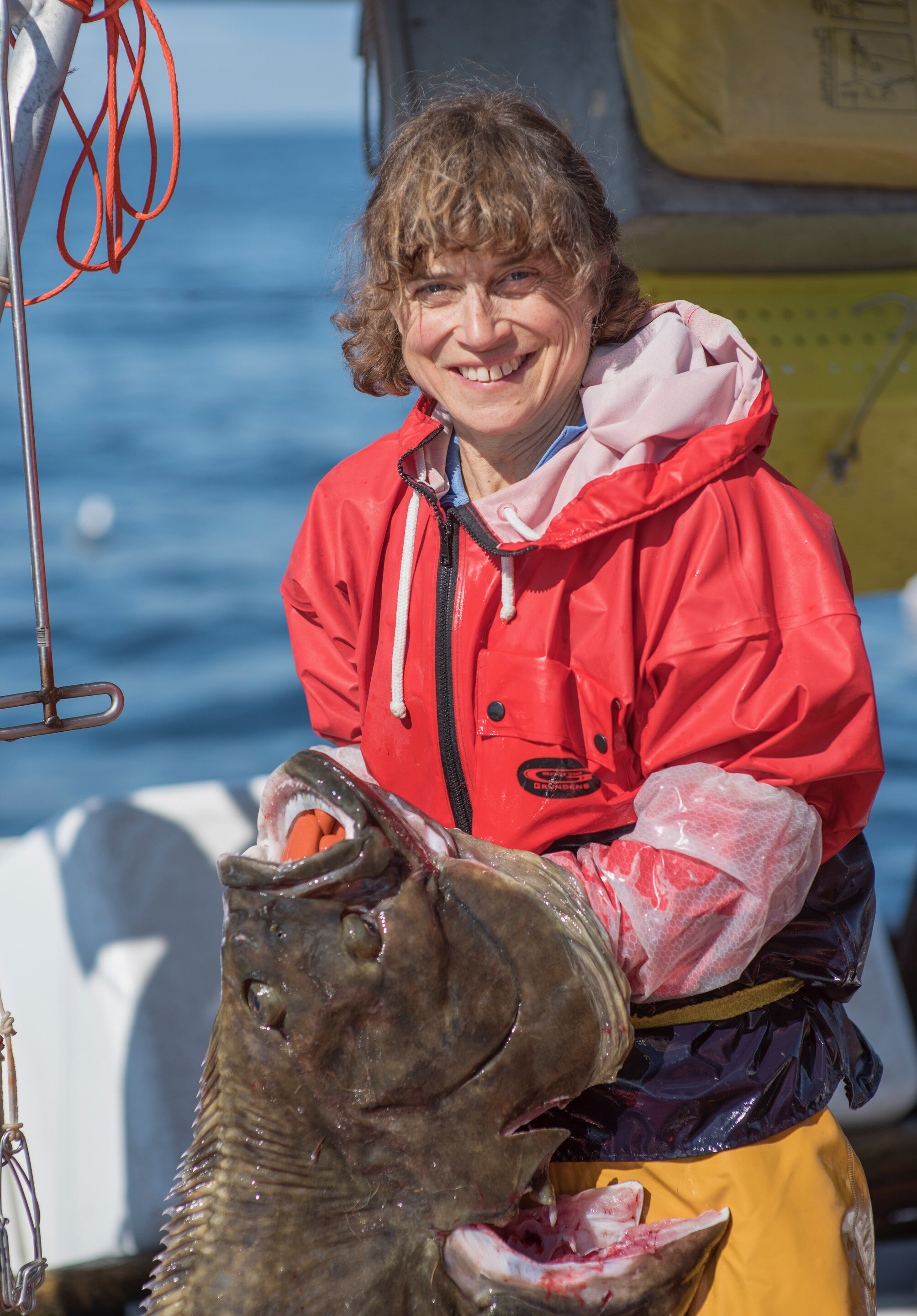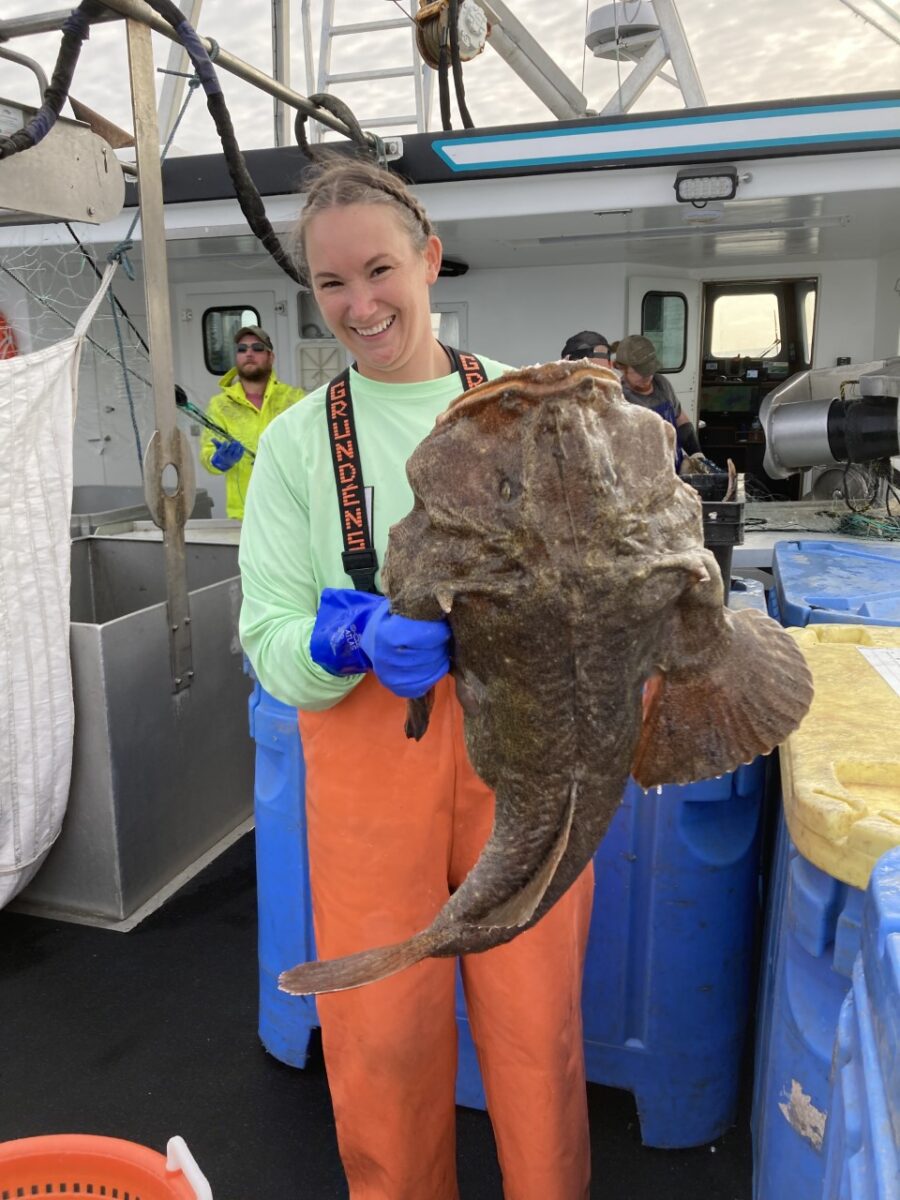We have a simple message: it’s time for the Biden-Harris Administration to update the National Standard 4, 8, and 9 guidelines. The next step is to publish the Proposed Rule developed by the National Marine Fisheries Service (NMFS) to update the guidelines. The Administration should move this forward as soon as possible.
Across the country, fishermen are grappling with shifting stocks, collapsing markets, and vanishing opportunity. It’s not all doom and gloom, but there’s plenty of both to be found walking the docks in 2024. What we see on the water and in our communities makes clear that the ways federal fishery management allocates access to resources, treats communities, and stops bycatch in one fishery from impacting another must be modernized.
To build climate resilience and ensure that coastal communities maintain access to their local fisheries, action is needed now. As a recent study from the Government Accountability Office (the leading federal watchdog) points out, there’s a serious need to build in measurable goals and objectives for bycatch accountability, with enforceable timelines for their achievement. And as we have emphasized to NMFS, updating the National Standard guidelines represents a key opportunity for substantial progress. Congress has explicitly authorized NMFS to make these updates, and the agency must take the opportunity.
In the face of everything we know and have been through as fishing community members, anything short of meaningful progress on each of these issues would be a disaster. Some welcome incremental changes have been made by the Biden-Harris Administration in the last 3 and a half years, such as the adoption of an Equity and Environmental Justice (EEJ) strategy and a draft Ecosystem-based Fishery Management roadmap . These are promising building blocks with potential for success, but the Administration should intensify efforts to achieve more substantial progress, or the challenges our communities face could become overwhelming.
Over a year ago, our organization the Fishing Communities Coalition submitted detailed comments in response to the Administration’s advance notice of proposed rulemaking on modernizing three of the National Standard guidelines to better reflect today’s climate-impacted realities and the valuable lessons learned over the past two decades. As representatives of regulated communities, we are acutely aware of the slow pace of government. However, given the high stakes and urgent need for effective action, fishing communities cannot afford to wait any longer for a proposed rule.
Our suggestions to the agency are simple, straightforward, and fully compatible with the federal fishery management process and the Administration’s priorities for EEJ and community resilience:
The guidelines for National Standard 4 (which mandates that fishery allocations to be fair and equitable, and promote conservation) should be updated to define fairness and equitability. In addition, Councils’ allocations should integrate and consider climate change, community protections, and bycatch reduction, particularly focusing on minimizing bycatch and discards in one fishery that can affect access to other fisheries.
The guidelines for National Standard 8 (which directs Councils to provide for the sustained participation of fishing communities and minimize economic harm) should be updated to provide clear instructions to Councils for protecting fishing communities in ways that we know will be meaningful after witnessing decades of declines in communities and working waterfronts across the country. Councils’ assessments of economic impacts to communities are too easily swept under the rug.
The guidelines for National Standard 9 (which instructs Councils to minimize bycatch to the extent practicable) should be updated to account for the ways that bycatch and discards from a fishery or sector (like commercial vs. recreational) can impact the productivity of other fisheries & sectors, overall stock health, and the function of essential fish habitat. The current guidelines have allowed some Councils to turn a blind eye to these significant challenges that can keep fleets tied up for entire seasons.
The Fishery Management Councils are a unique system of governance, more democratized than any other major natural resource management system in the United States. They enfranchize local representation, integrate science into decision making, and facilitate public discourse for anyone patient enough to participate. We’re lucky to have them. But the Councils are operating according to National Standard guidelines that in some cases haven’t been meaningfully updated since the late 1990s. We’ve learned a lot, and lost a lot, since then. It’s long past time for an update.
Here’s the bottom line: The Administration’s EEJ strategy for fisheries management calls for integration of equity and environmental justice principles into “everything we do,” including “all of [NMFS] ongoing and future activities.” The time is now for the Biden-Harris Administration to incorporate equity and environmental justice into the National Standards that guide the management of our nation’s fisheries by issuing the Proposed Rule. Our fishing communities depend on it.
Aubrey Church is policy director of the Cape Cod Commercial Fishermen’s Alliance. Linda Behnken is a commercial fisherman and executive director of the Alaska Longline Fishermen’s Association. Theresa Peterson is a commercial fisherman and fisheries policy director of the Alaska Marine Conservation Council.



Photos: Theresa Peterson (top), Linda Behnken (left), Aubrey Church (right)







